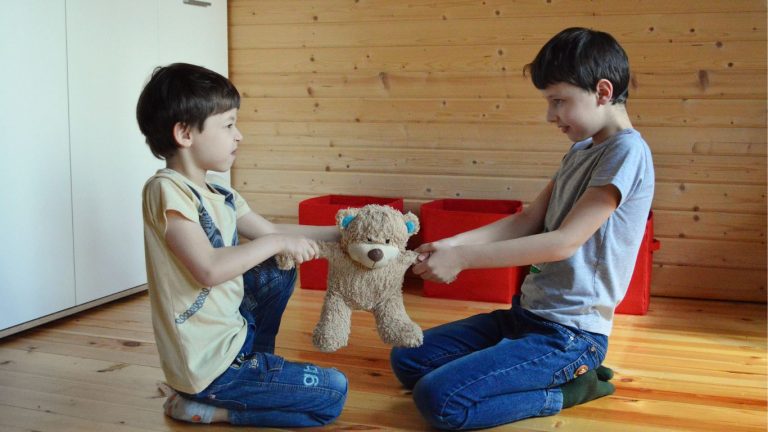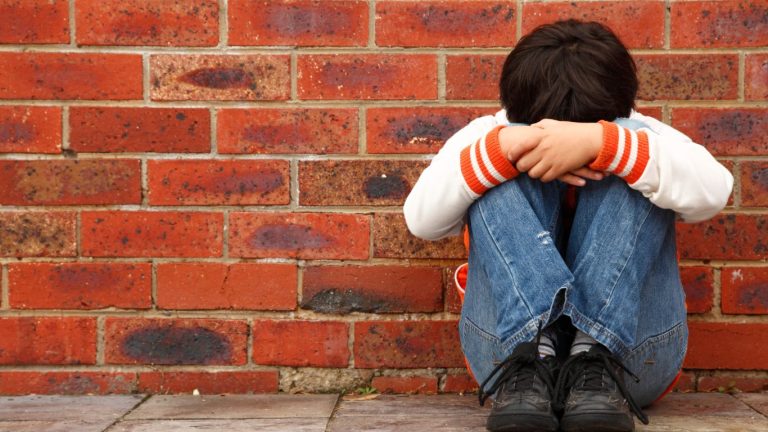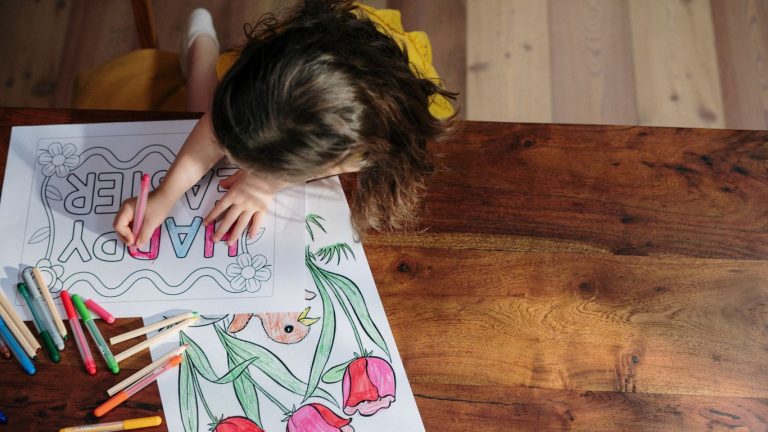Homework plays a very important part in your child’s learning and is given to them for a reason. While it’s not compulsory, most teachers will give students homework in one form or another. Find out how to help your child set up a study or homework routine.
Homework is given for two main reasons at primary school level –
- to reinforce the teaching and learning that has been taking place in the classroom, and
- to help students develop special skills such as independent research.
You can help your child to set up a study or homework routine at home. This sort of routine can become a lifelong skill for your child if you reinforce it at home.
How Set up a Study or Homework Routine
Timing is key!
The first thing to remember is that no one is receptive to learning if they have an empty belly and are tired after a day at school, so choose your homework time wisely. Choose a time when you can concentrate on helping them, when they’ve had a little wind-down time, and when others are able to give them space.
It can really help to set a homework routine. For example, after school you may give them 20 minutes to unwind, get changed out of a uniform if they have one, have a snack – possibly the remainder of their lunch, and watch a little telly. It might be after all of this that you choose to tackle any reading or homework that needs to be done.
If there is no homework on any given day, don’t break the routine, but instead play a quick word or number game. Maybe you could bake some bikkies with an educational twist – they have to read the recipe (to whatever extent they are capable) and then have to write down how it went or draw a picture. Everything can have an educational value if you look hard enough.
Remember that routine is important for children and if they know what to expect they’ll be a lot happier.
How Much Help Should You Give?
Homework is set to help your child to learn and they will only learn if they are the ones ‘doing’. They won’t learn by watching ‘you doing’, but by practice themselves. This means you have to be careful with how much you help.
Help your child problem solve by explaining to them how to do the task. If that still doesn’t help show them the steps they need to take. Let them go through the homework task next doing the steps themselves. If they get stuck, then make up a ‘mock’ task that is similar to what they are trying to do. Work through this one together.
Give clues. Try not to give away the answer or else the task won’t be valuable to them. Keep the clues simple!
Reassure them that they can do this, they’ve figured things out in the past. Encourage them to go back to where they got stuck and try again.
Homework can be testing – for both your child and you. Frustration can set in and tempers can flair but this isn’t helpful to anyone. If it does though, put everything down, take a break, get a drink and both go back to it when you’re feeling better. Don’t leave the homework and not complete it, as nobody wins when this happens!
Top Tips to Help your Child Develop a Good Study or Homework Routine
1. Use a Reliable Study Method
Find a proven and established programme or tuition school that will give your children a consistent and structured study routine. Some parents try educational apps or buy activity books but these methods can lack guidance so consider whether the do-it-yourself approach can be maintained over the long-term.
2. Create a Study Space
Create a physical environment that’s conducive to learning. Distractions are everywhere and children don’t need any extra excuse to lose focus so try and keep the space clear and noise level low. Apart from ensuring the table and chairs are comfortable and at a suitable height (their feet should be able to touch the floor when sitting) it can be good to add one underrated piece of technology – a simple clock.
A clock helps children to focus for 10-15 minute blocks with short breaks in between. These manageable blocks of time can be slowly increased as your child builds his or her powers of concentration.
3. The Apple Never Falls Far from the Tree!
Take a closer look at your attitudes towards homework. Many parents openly admit their maths shortcomings and in some cases, even brag about struggling with maths when they were at school. A 2015 study by the University of Chicago found that a parent’s attitude towards maths homework quickly rubs off on their children which can lead to everyone feeling nervous when the calculator comes out.
So what’s the solution? It’s best to take your personal experience out of the equation and try to encourage your children to see homework as a positive learning opportunity.
4. The Three Hardest Words
In a world where knowledge is often at our fingertips, the three most difficult words to say have become ‘I don’t know’. Instead of seeing this phrase as a failure, the next time you’re stumped by a primary school maths question, embrace it by cheerfully admitting you don’t know and asking your child to teach you when they find the answer or, if time permits, find the answer together. This is a great way to lead by example in showing your child the enjoyment that can come from discovering something new.
To further increase the effectiveness of this step, allow your child to make some mistakes along the way and praise them for their persistence rather than their answer.
5. Spot the Differences
And lastly, learn what routine works best for your child. While you may work best at night, your child may be a morning person.
While you may work best alone and in complete silence, your child may like the background noise of people being nearby. Start with what you know, and what works for you, but be flexible and help your child to incorporate their own study formula that will work for them.
The perfect homework formula may never be found but with these tips, we’ll all be getting a lot closer. Now check out 13 tips to help kids with their homework. Or get loads more advice in our Back to school section.





